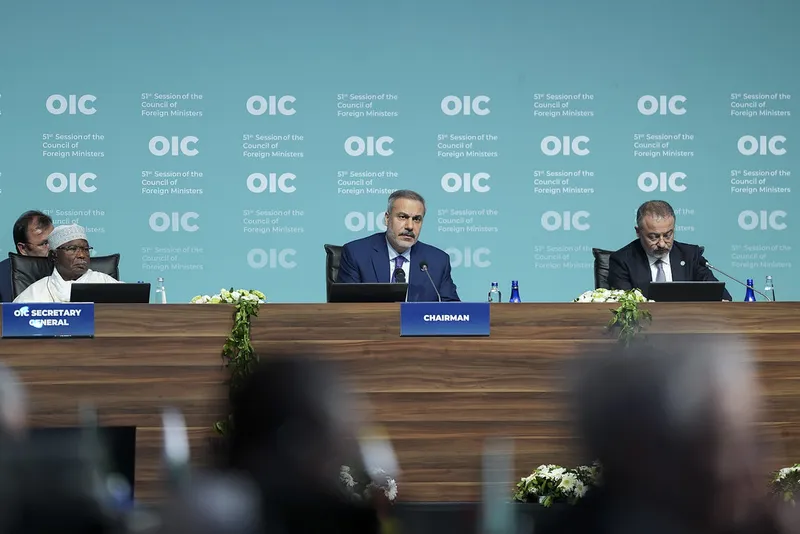WASHINGTON, Aug 28 — In a move that’s sparking both corporate scrutiny and growing public debate, Microsoft has fired two employees who staged a peaceful sit-in protest at the office of company president Brad Smith. Their demand? For Microsoft to cut ties with Israel amid the ongoing humanitarian crisis in Gaza.
The employees — Anna Hattle and Riki Fameli — learned about their termination through voicemails. Their protest, held earlier this week, was part of a broader movement led by the activist group No Azure for Apartheid, which is calling on Microsoft to end what they view as complicity in violence through technological support to the Israeli military.
The sit-in, while nonviolent, resulted in the arrest of seven individuals — including Hattle and Fameli. The other five were either former Microsoft employees or allies from outside the company.
Microsoft, in a statement, said the two employees were fired for “serious breaches of company policies and our code of conduct,” specifically pointing to what they called a “break-in at the executive offices.”
But for many watching this unfold, the issue goes far beyond corporate policy.
“We are here because Microsoft continues to provide Israel with the tools it needs to commit genocide — while gaslighting and misdirecting its own workers about this reality,” Hattle stated passionately.
The activist group behind the protest takes its name from Microsoft’s Azure cloud platform — reportedly used by Israeli intelligence agencies to store data and facilitate widespread surveillance of Palestinians in the West Bank and Gaza. A recent investigation by The Guardian, +972 Magazine, and Local Call found that this surveillance included recordings of countless mobile phone calls made by Palestinians — a revelation that has only intensified demands for accountability.
Microsoft has since hired the law firm Covington & Burling LLP to conduct an internal review of these claims. Still, the company maintains it supports lawful free expression.
“We respect the freedom of expression that everyone in this country enjoys — as long as they do it lawfully,” Brad Smith said Tuesday.
This is not the first time Microsoft has faced internal dissent. Back in April, during Microsoft’s 50th anniversary celebration, a pro-Palestinian employee interrupted Microsoft AI chief Mustafa Suleyman’s remarks. That individual, along with another protester, was also fired.
Across the U.S. and beyond, universities and corporations are facing growing pressure over their relationships with Israel as the war in Gaza — now in its 11th month — has devastated Palestinian communities. Harrowing images of starving children and displaced families have evoked global outrage, with many calling for immediate action and change.
The current conflict began in October 2023, after Hamas militants launched an attack on Israel, killing around 1,200 people and taking approximately 250 hostages, according to Israeli sources.
In retaliation, Israel launched a large-scale military campaign in Gaza, resulting in tens of thousands of Palestinian deaths, widespread displacement, a hunger crisis, and the near-total destruction of infrastructure. Human rights groups and international courts are now investigating possible war crimes — charges Israel has denied.
As public sentiment shifts and more employees speak out, Microsoft and other tech giants are being forced to reckon with the moral implications of their partnerships. The question remains: Can a company stay neutral in a war when its technology may be shaping its outcome?




